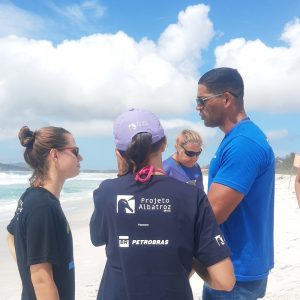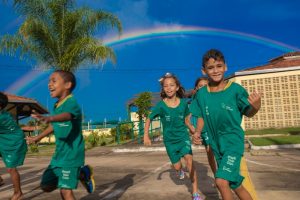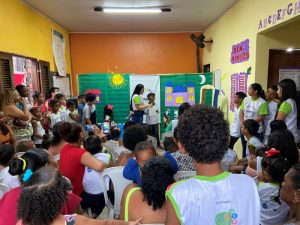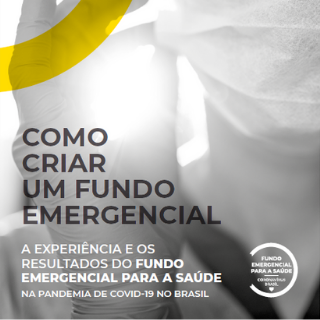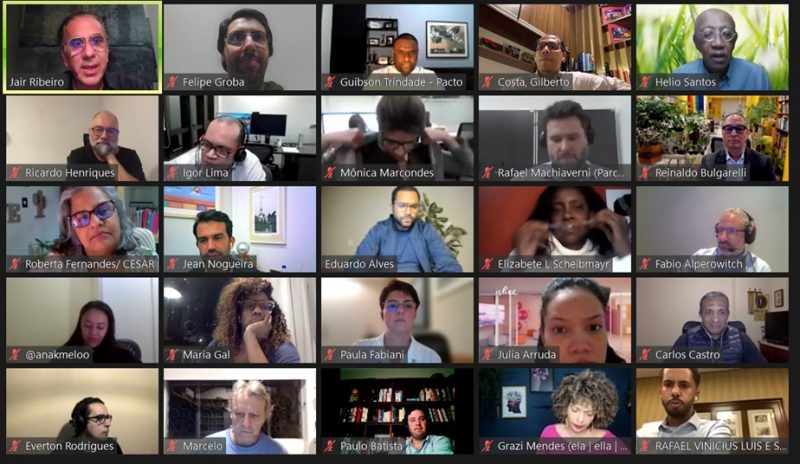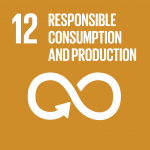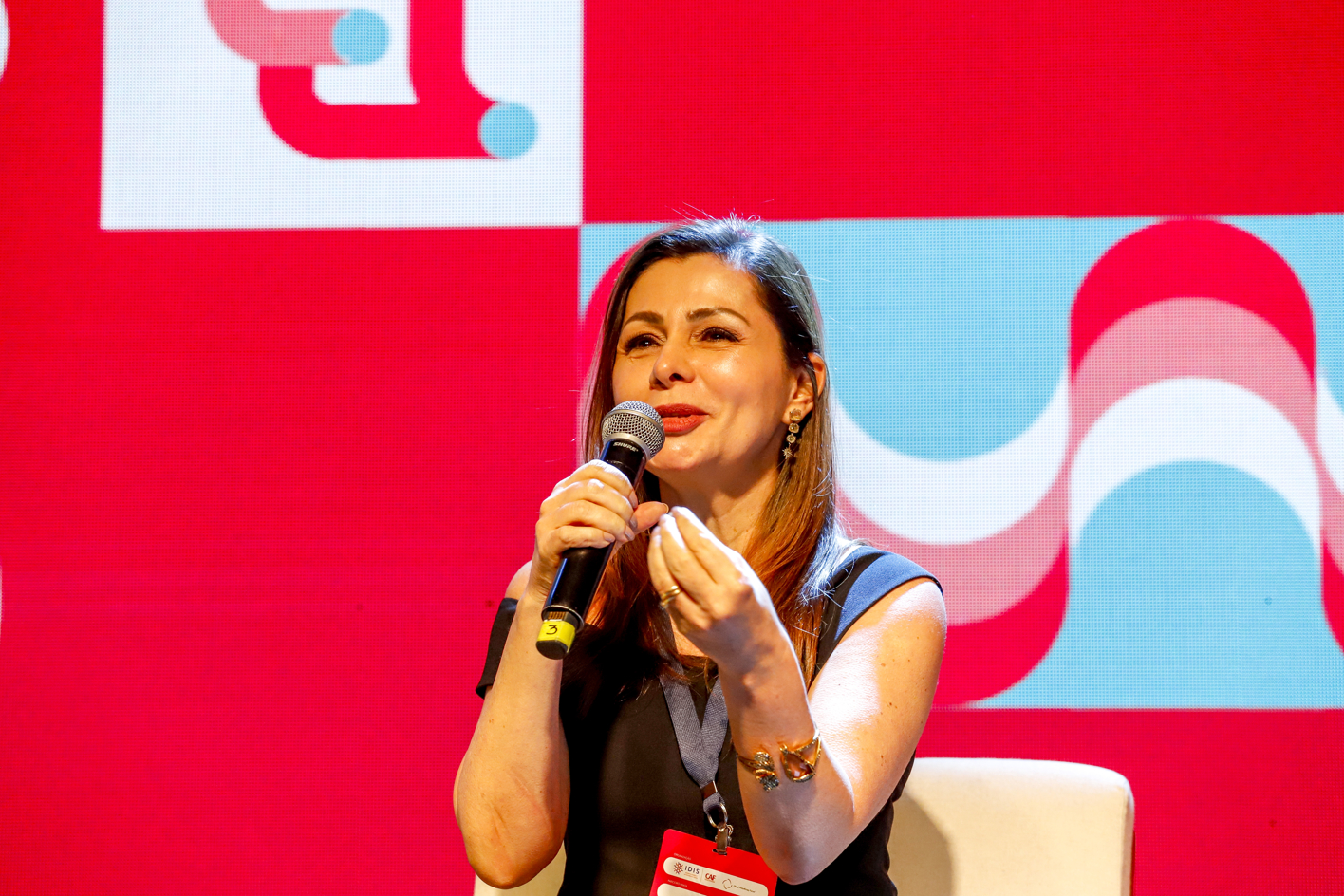Challenge
Brazil has thousands of political leaders operating at municipal, state, and federal levels. These leaders play a crucial role by committing to address a wide range of social demands. Recognizing the importance of these leaders as catalysts for social change and their vital role in advancing citizen’s fundamental rights, RenovaBR emerged. Currently, the organization is the main political training program in Brazil and is internationally recognized as a reference in the sector.
Since its establishment in 2017, RenovaBR has been committed to understanding precisely and objectively the impact that the organization has on its direct beneficiaries: individuals who go through the political training process. In 2022, to enhance the search for results, RenovaBR chose to collaborate with IDIS in conducting an impact assessment.
Solution
IDIS supported RenovaBR in conducting a Social Return on Investment (SROI), an evaluation protocol that compares the value of resources invested in a project or program with the social value generated for society.
The first step was to create a Theory of Change, a tool that describes how a program’s activities seek to achieve short and medium-term results and the organization’s long-term strategic goal. For this stage, the IDIS team analyzed organization documents and conducted interviews with key stakeholders.
With the Theory of Change firmly established and shared with RenovaBR, IDIS proceeded to define and measure evaluative variables, both qualitative and quantitative. The qualitative approach, which underpinned evaluative variables, was conducted through in-depth interviews and focus groups involving the organization’s beneficiaries. Among the perceived changes, highlights include increased civic awareness, strengthening of ethical values, self-awareness development, a more critical perspective and improvement in professional relationships.
In the quantitative stage, the goal was to measure the magnitude of changes experienced by the beneficiaries. To achieve this purpose, beneficiaries participated in a questionnaire designed to understand the attribution of changes to RenovaBR, as well as to assess the perception of social value without linking to these transformations.
Finally, as the final deliverable, IDIS produced a report with all the findings from the evaluation.
Results
The evaluation confirmed a positive Social Return on Investment for RenovaBR. The organization generates substantial impacts for its direct beneficiaries, those who participate in the program to be agents of positive change in Brazilian politics. These benefits exceed the investment made by three times. In other words, for every R$1 invested in the organization, R$3,10 in social benefits are generated.
Based on the identification of impacts and their intensity, IDIS could also suggest some approaches to maximize social impact. Some of the recommendations included investing more in alumni who have accumulated experience in both the content of the training and the practical experience of being a politician and greater monitoring of the organization during and after election campaigns.
SDG
About the Organization
Founded in 2017, RenovaBR is characterized as a school aiming to train new political leaders in Brazil, developing technical and socio-emotional skills through courses covering public policies, political communication, campaign organization, governance, and governability.
Since its foundation, three training cycles have been conducted, two focused on the general elections of 2018 and 2022, respectively, and one focused on the municipal elections of 2020. In addition to the initial political training, RenovaBR also offers ongoing training for alumni elected as parliamentarians or members of the executive branch. Between 2018 and 2022, 13 continued education courses were offered, totaling approximately 400 hours.
According to the organization’s data, over two thousand political leaders have been trained, coming from diverse political backgrounds, and at least 30% of them currently hold leadership positions in the Brazilian public administration.



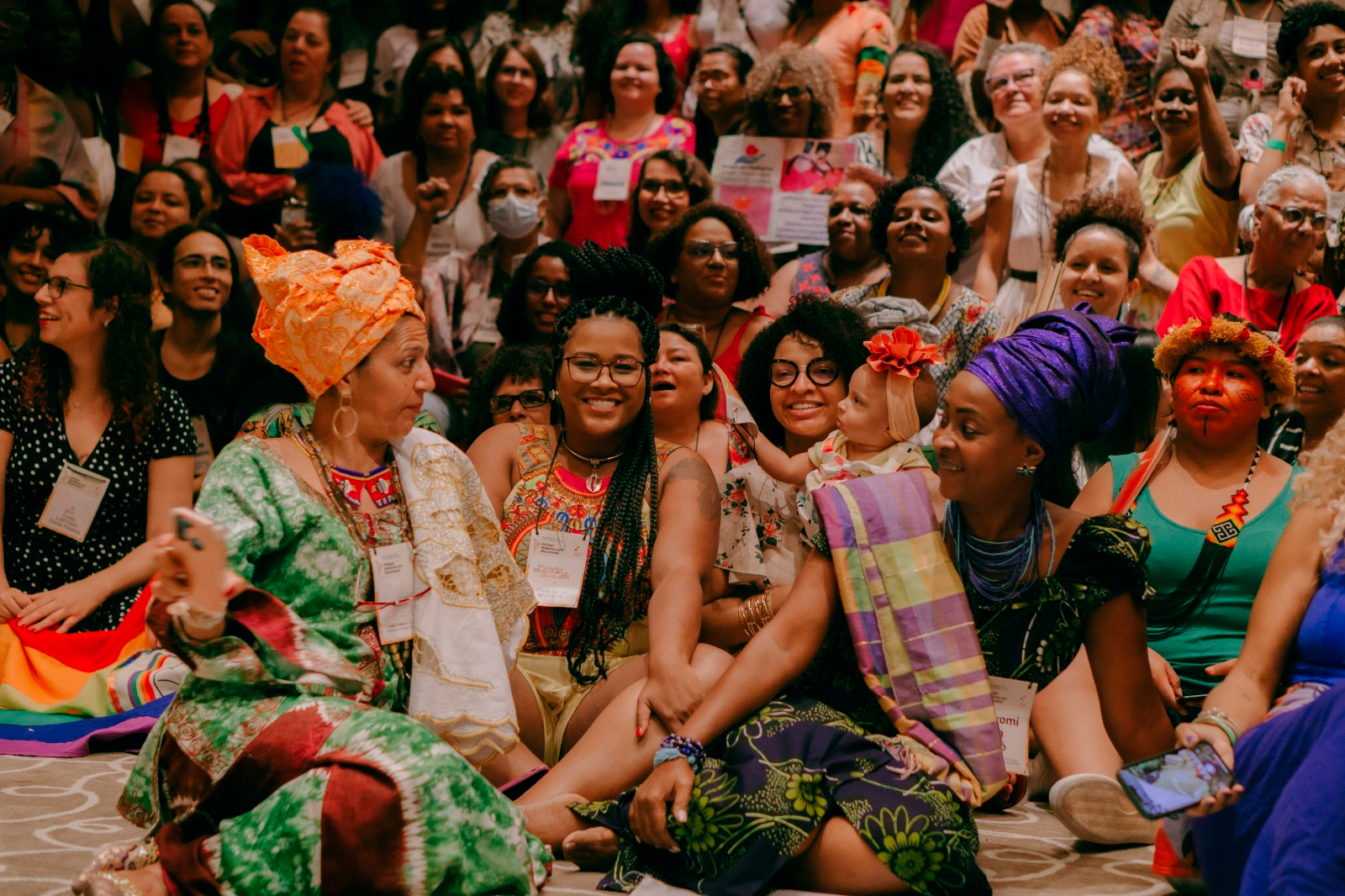


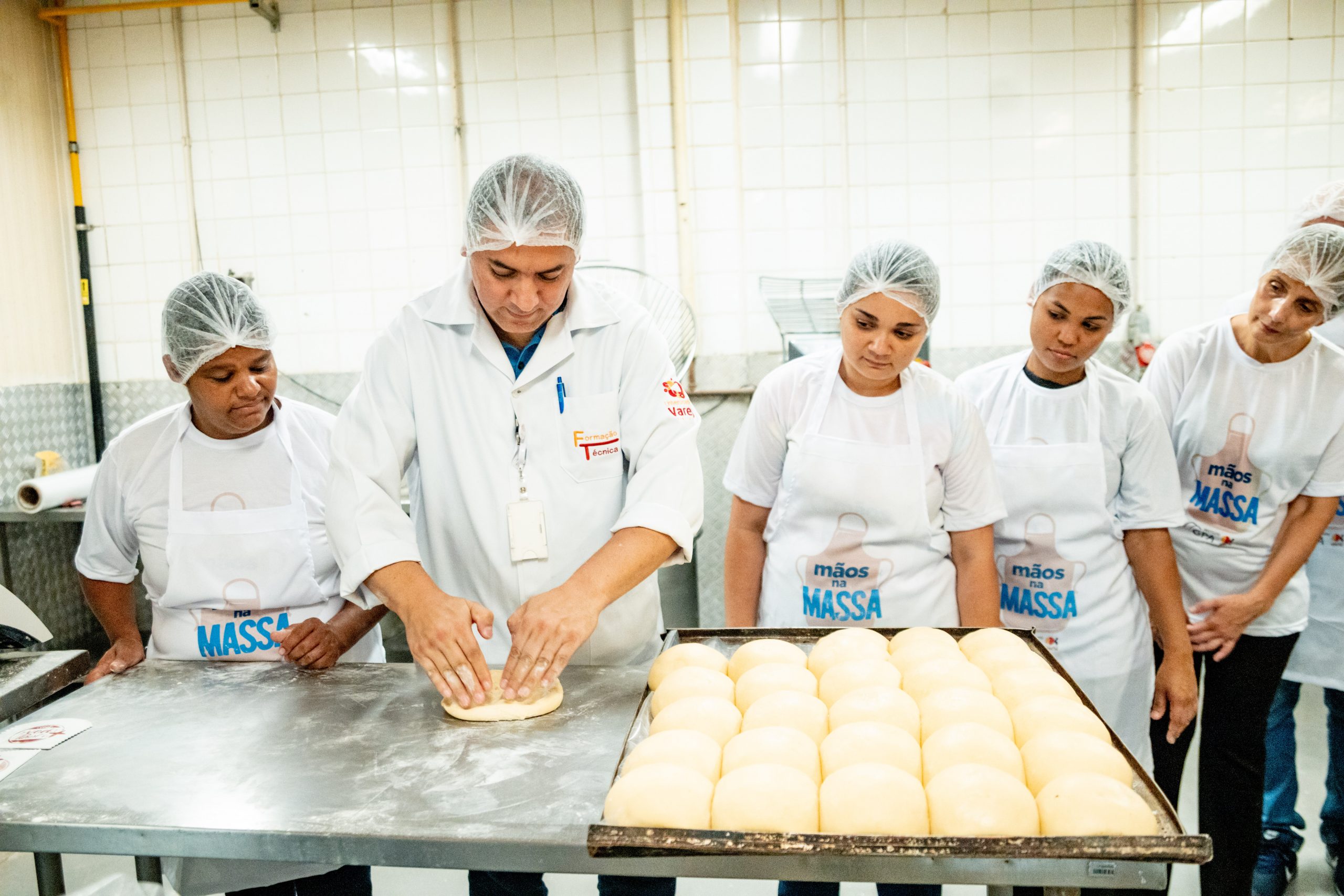


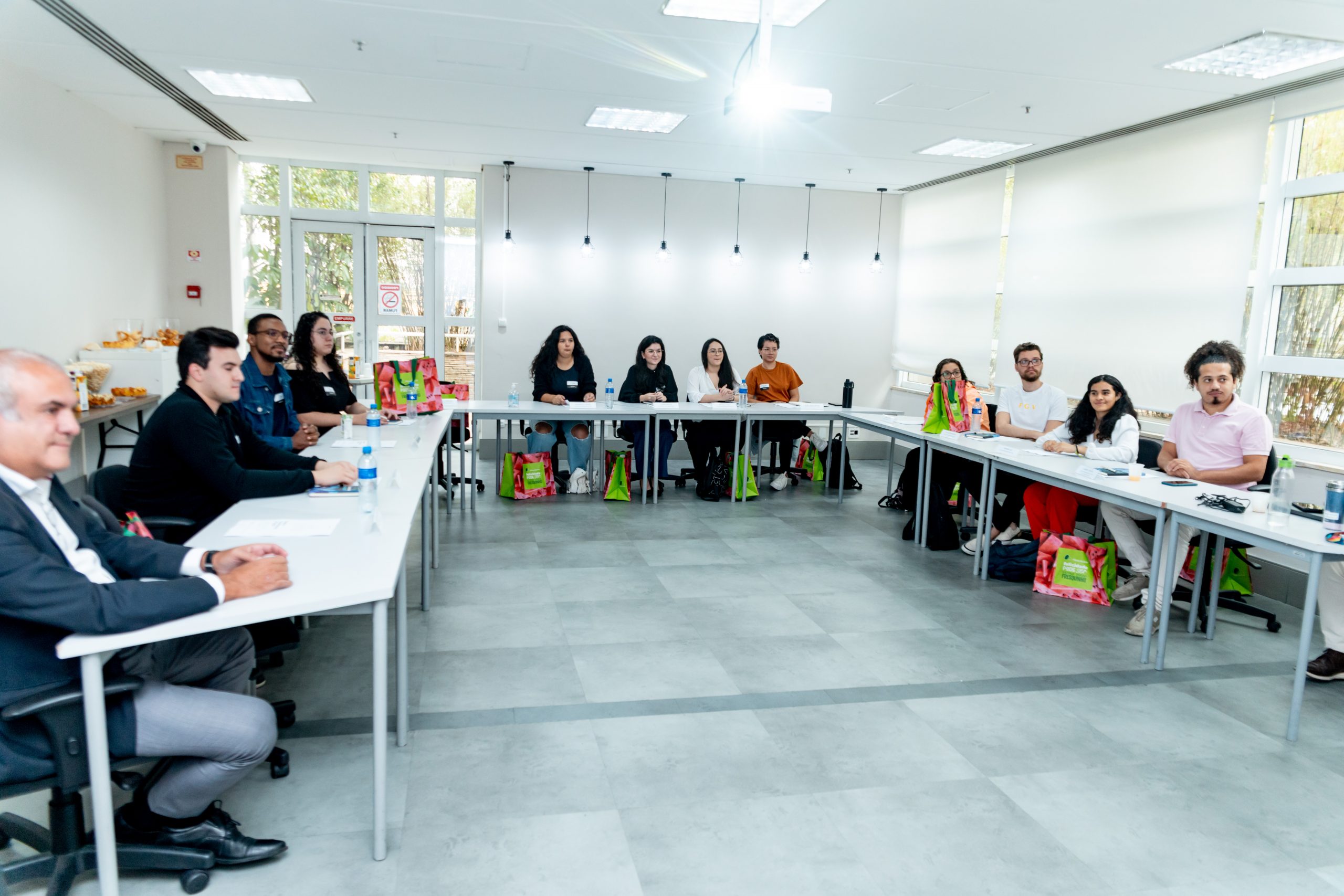
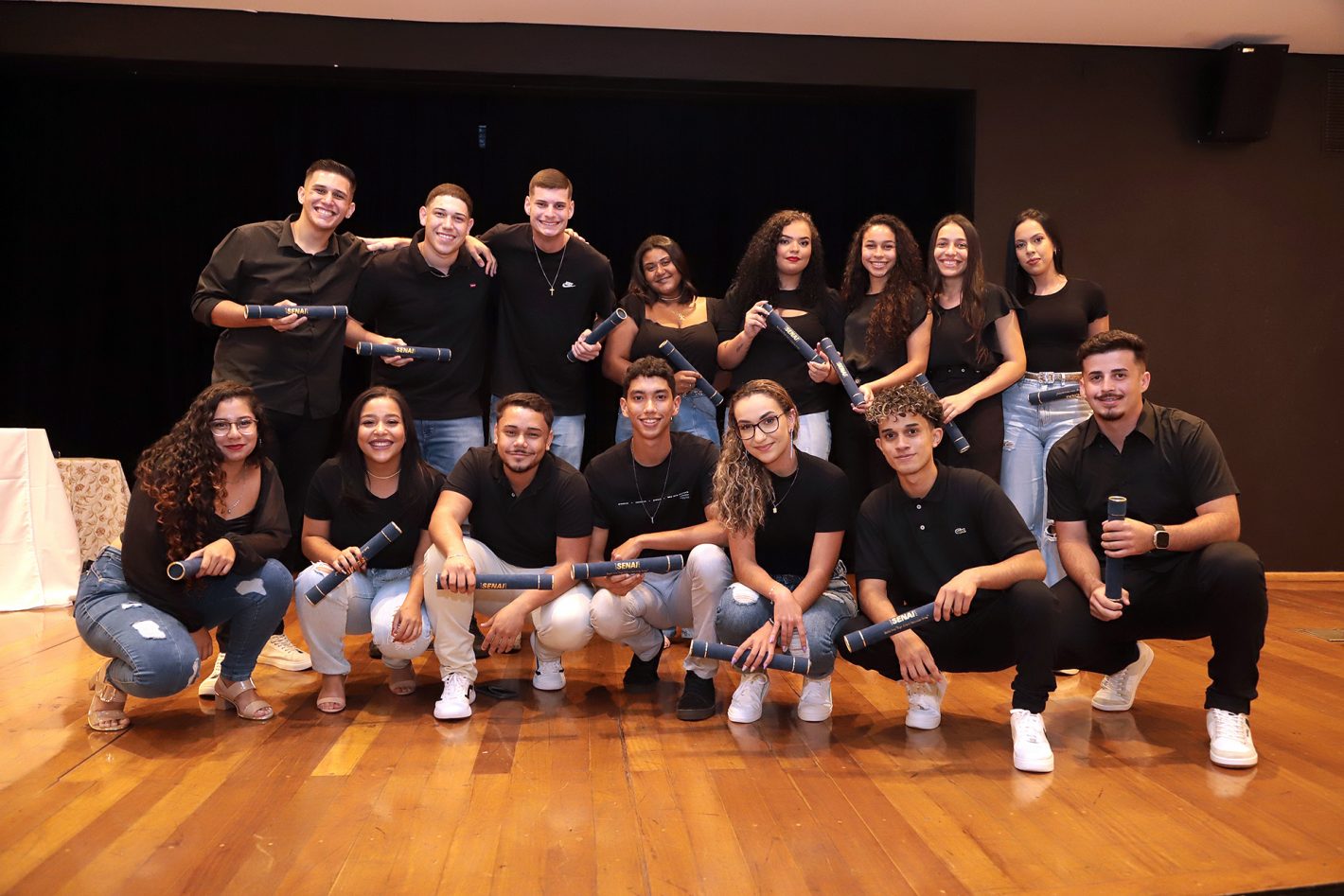
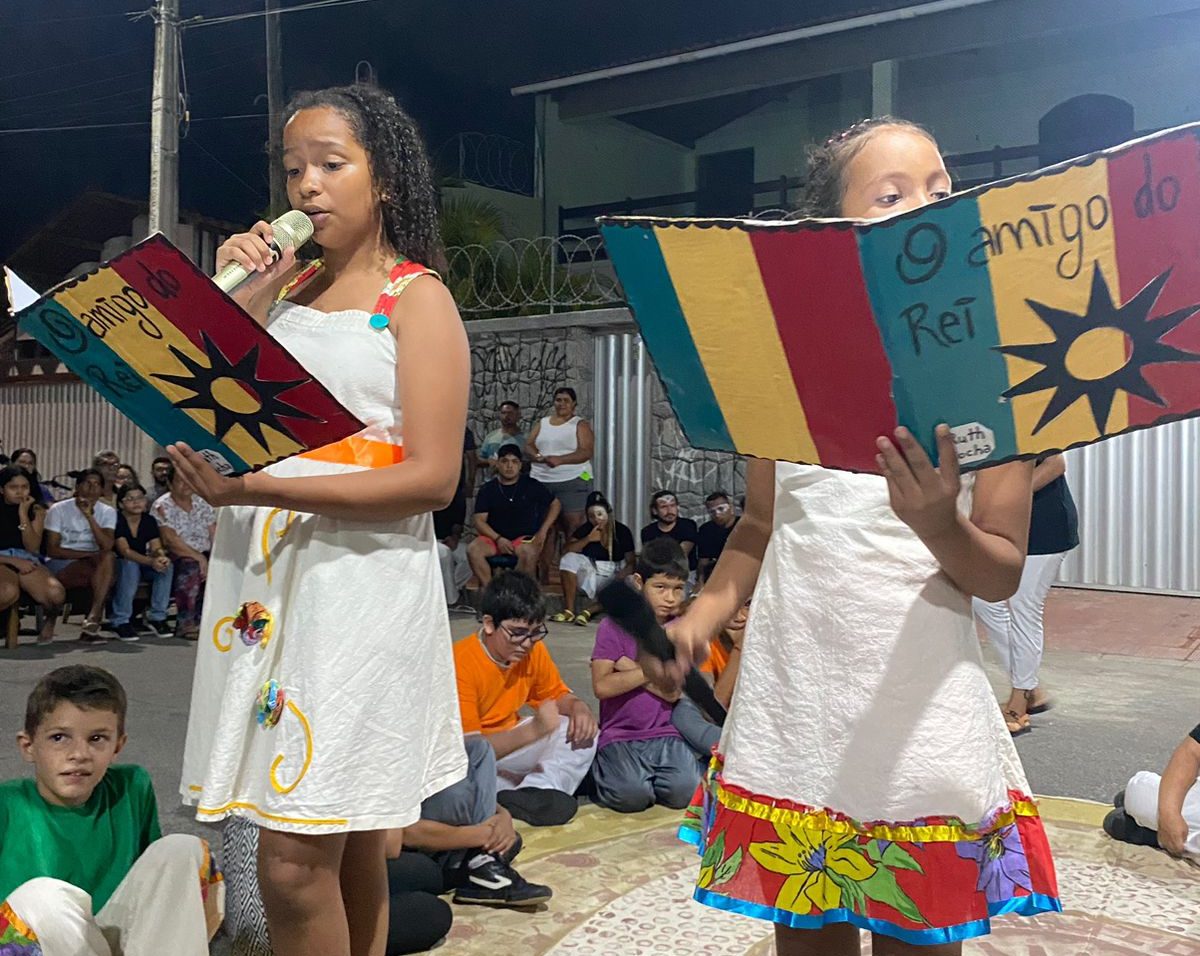
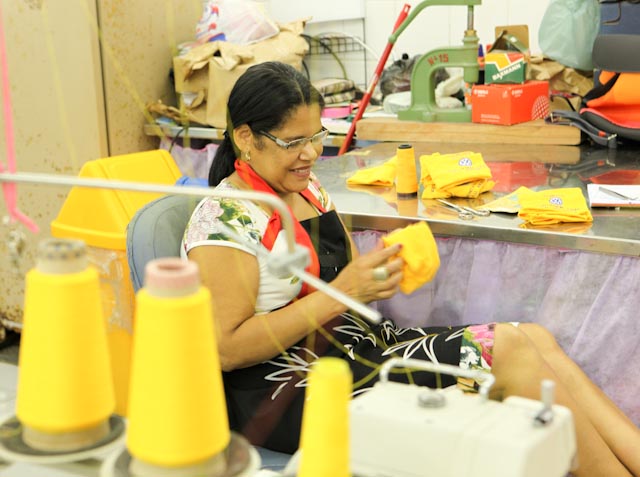
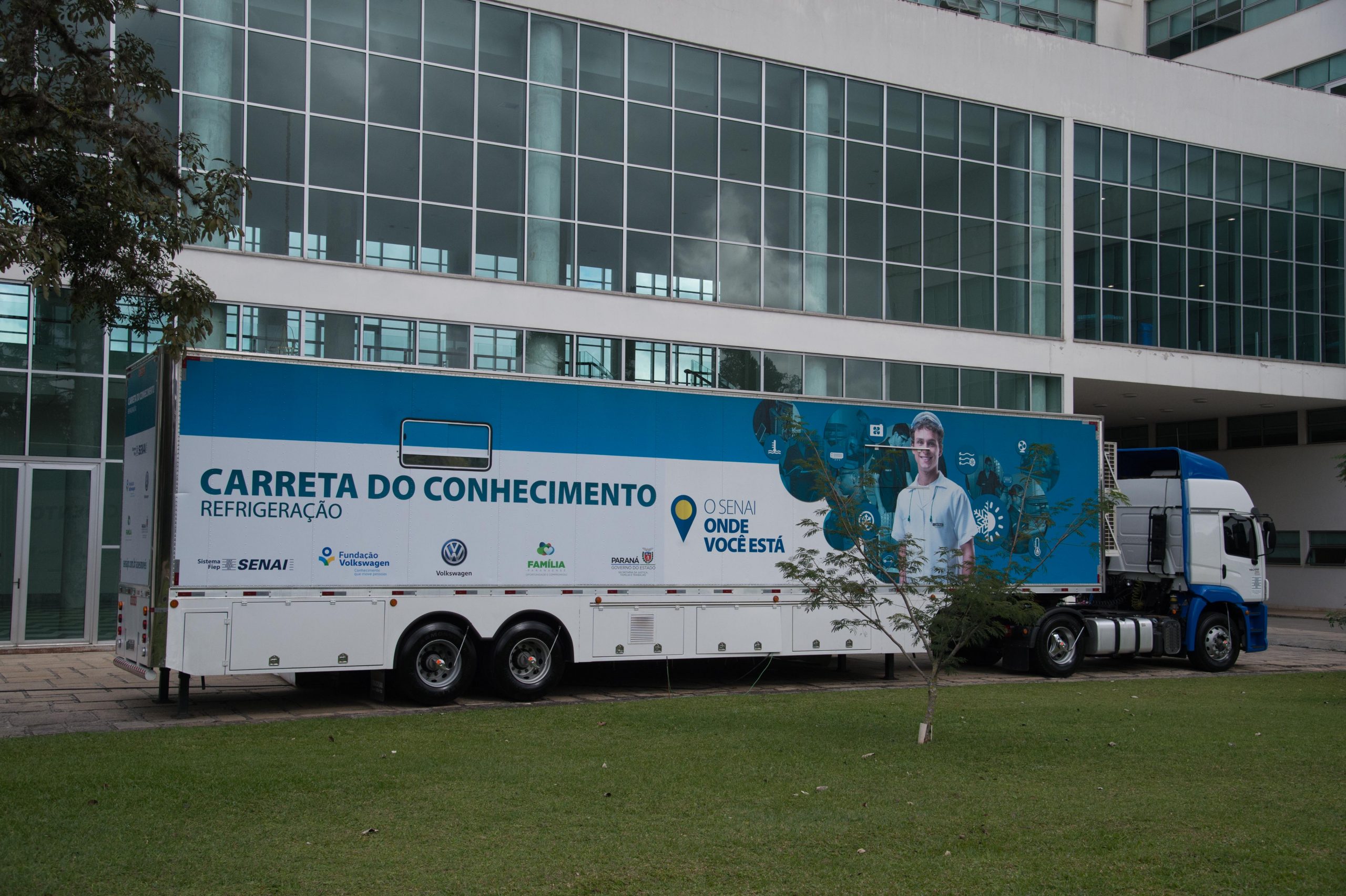


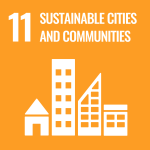

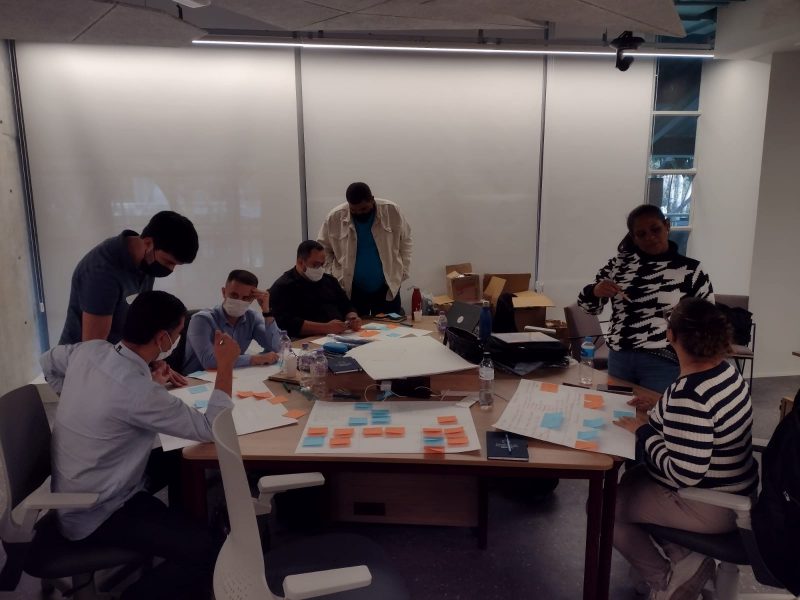
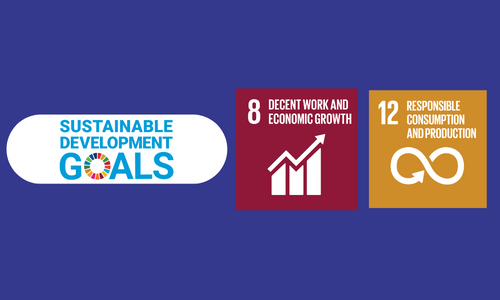
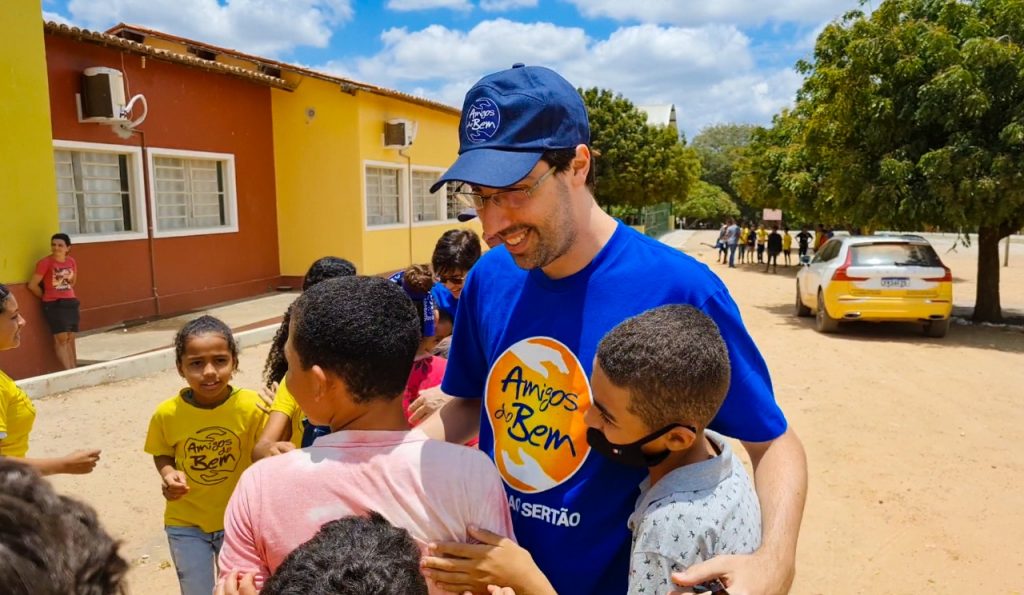
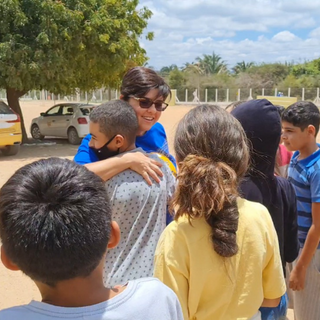 According to the analysis, the social return on investment of Amigos do Bem is positive and high, leading to concrete transformations for its beneficiaries and volunteers. In addition, strengthening socio-emotional skills contributes to the dissemination of impacts over the years, such as the growth of volunteer work in the region; growth of initiatives in water and housing, as well as in health and distribution of basic food baskets, providing more dignity to the life of residents of the semi-arid region, enhancing the impacts on education, work and change of mentality. Finally, it was made clear that there is
According to the analysis, the social return on investment of Amigos do Bem is positive and high, leading to concrete transformations for its beneficiaries and volunteers. In addition, strengthening socio-emotional skills contributes to the dissemination of impacts over the years, such as the growth of volunteer work in the region; growth of initiatives in water and housing, as well as in health and distribution of basic food baskets, providing more dignity to the life of residents of the semi-arid region, enhancing the impacts on education, work and change of mentality. Finally, it was made clear that there is 






